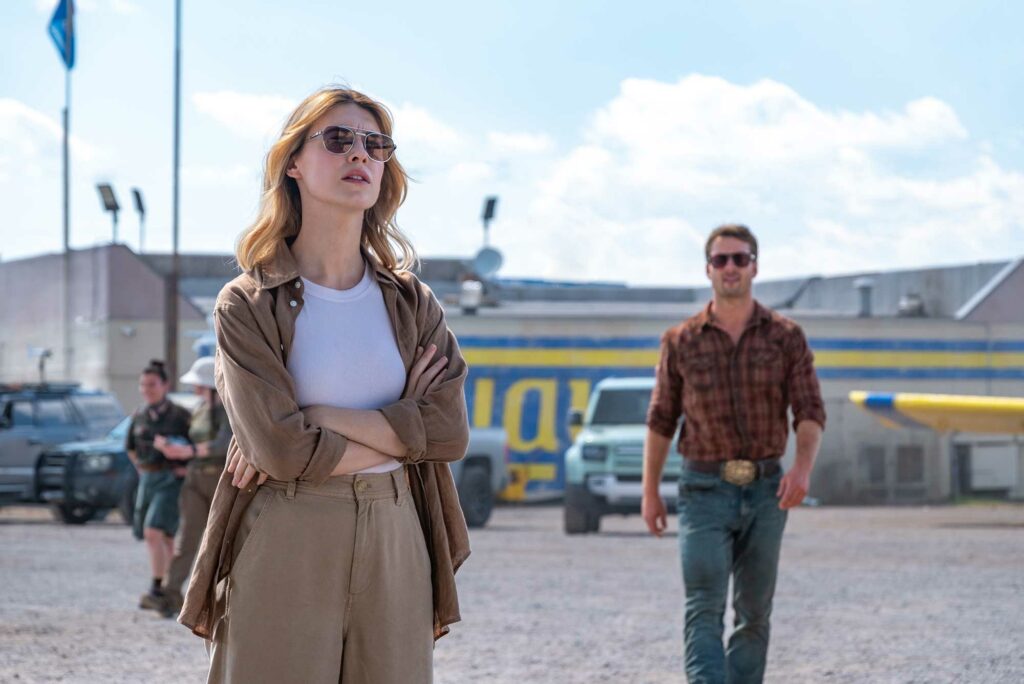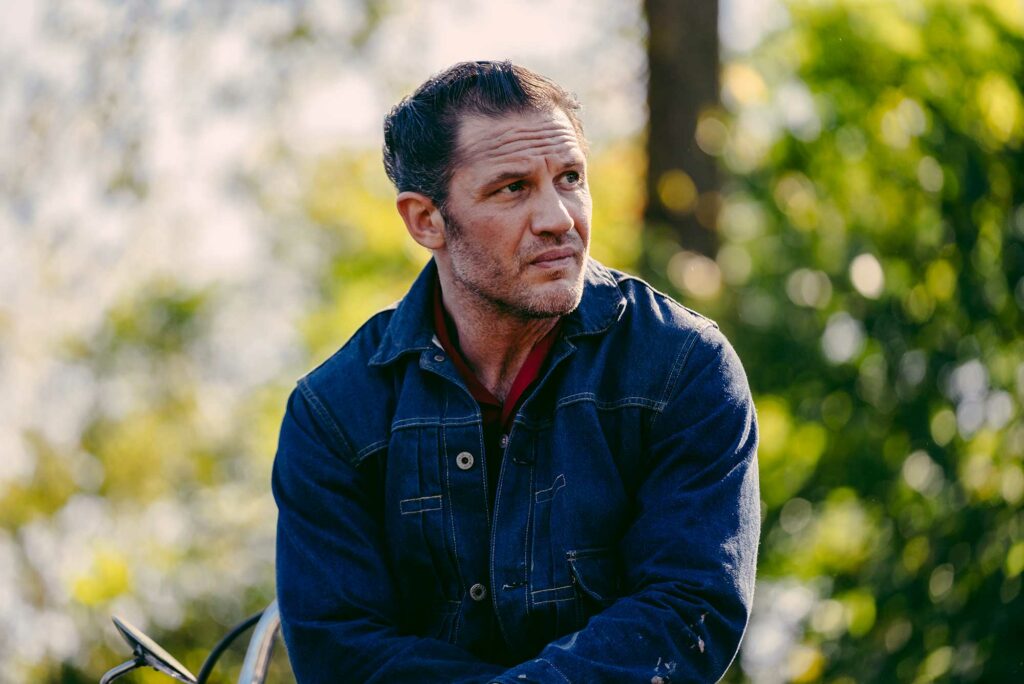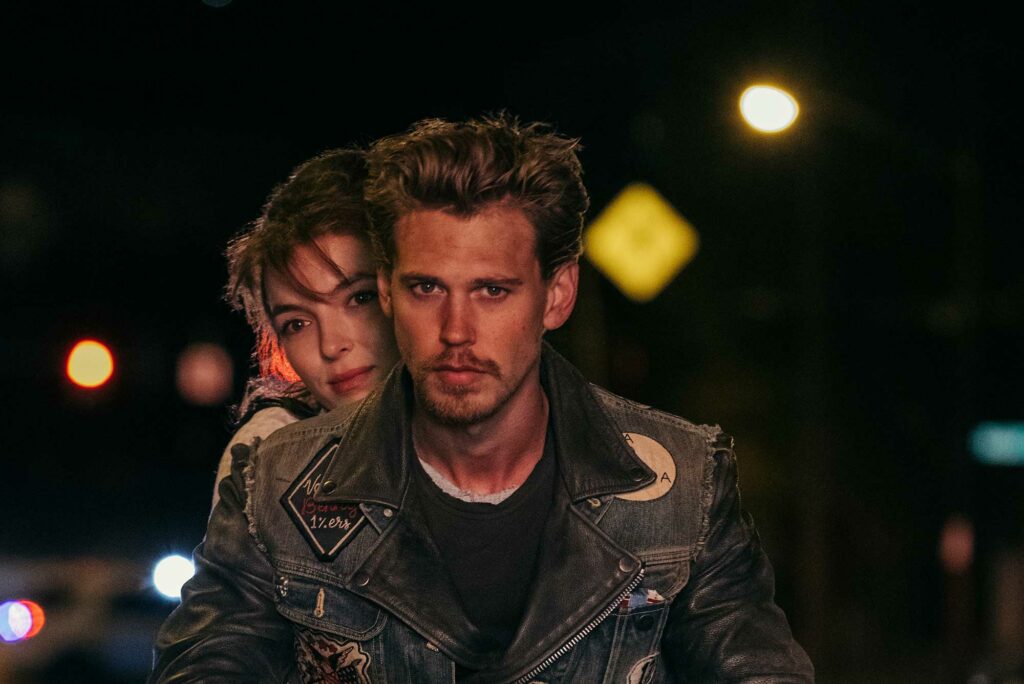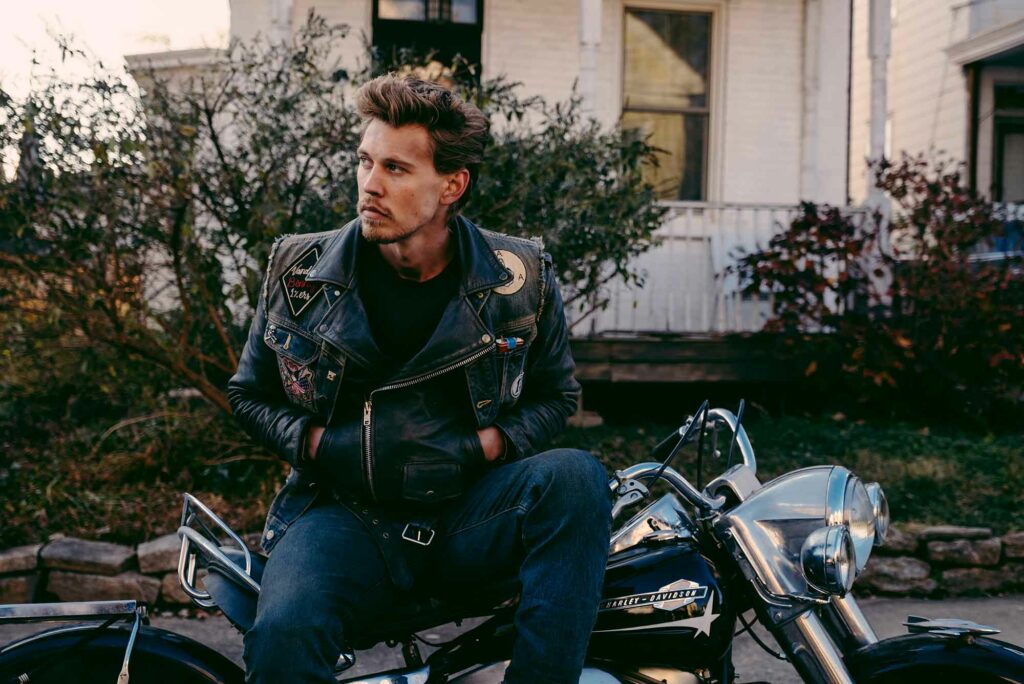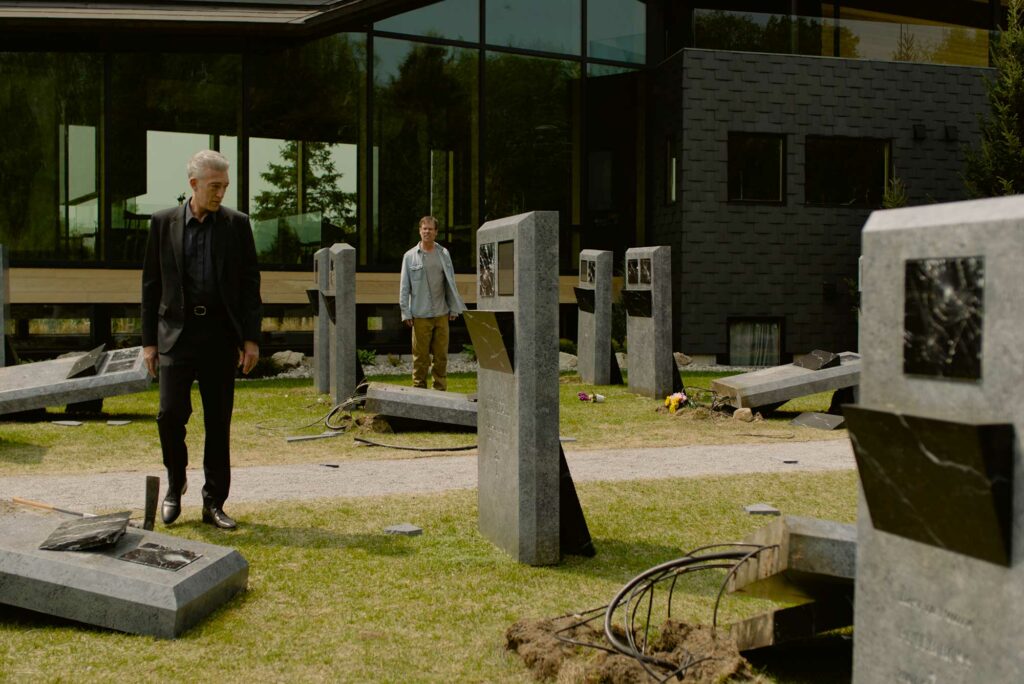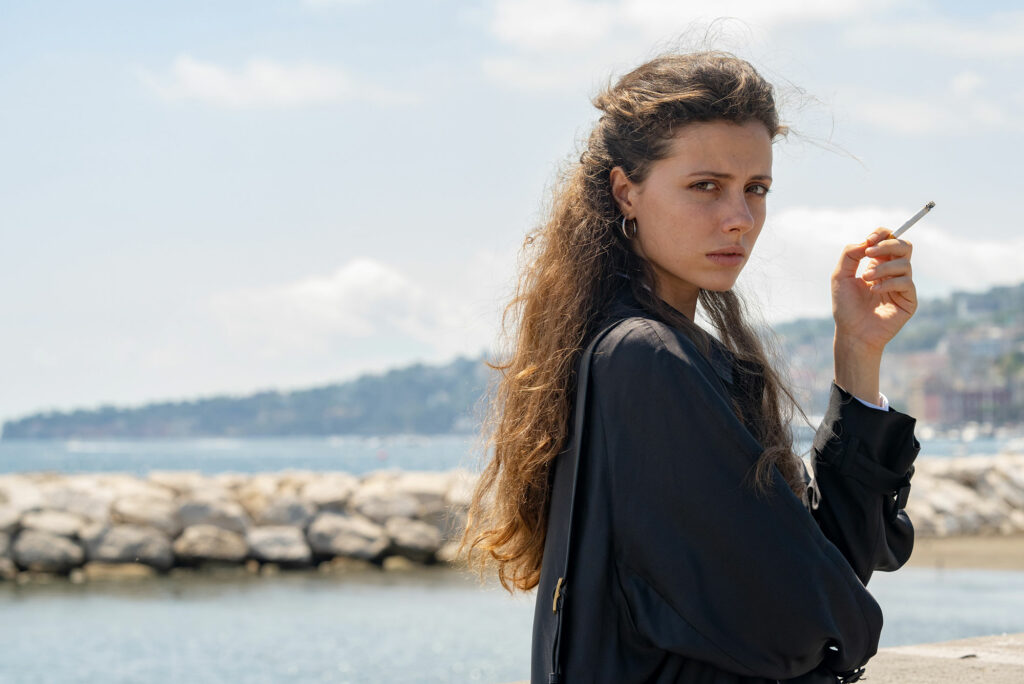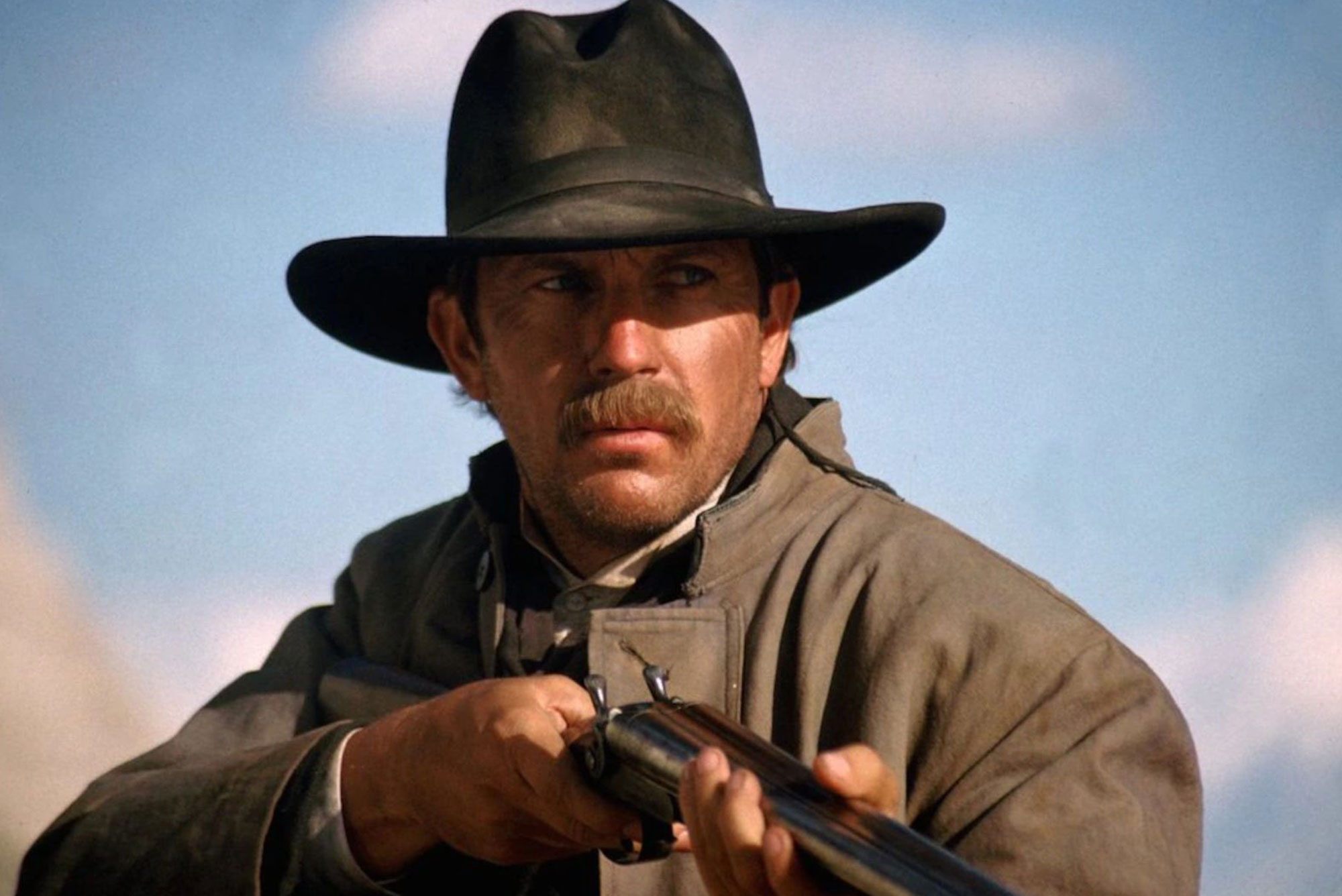Words by JANE CROWTHER
Hugh Jackman and Ryan Reynolds have been playing social media frenemies since their characters met in 2009’s X-Men Origins so it was only ever a matter of time before the duo did their faux sniping and trash-talking on the big screen. Obviously, since X-Men, Deadpool and Wolverine have been through the wringer, both narratively and corporately – with the ‘Merc With The Mouth’ staging a rebirth driven by Reynolds and Wolverine popping his clogs in James Mangold’s elegant send-off Logan in 2017. Now, Deadpool’s shepherd, Reynolds, is going to assume audiences rocking up for a third instalment of R-rated humour and violence will be up to speed in Disney’s takeover of Fox, comic book lore and the personal lives of its stars – ‘I’m telling Blake’ he says of his real-life wife, and makes cracks about Jackman’s divorce. Like Deadpool himself, this mash-up is fast, loose and takes no prisoners.
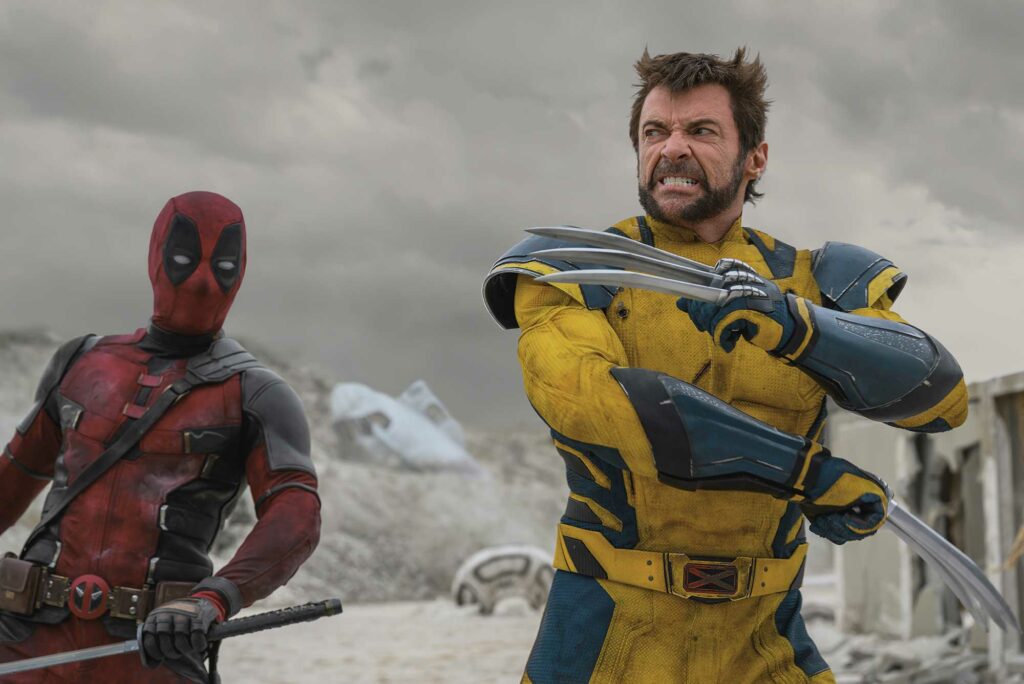
So where do we find Wade Wilson this time around? In a pre-title sequence that sets the tone, Deadpool is digging up Wolverine’s grave, breaking the fourth wall and swearing up a storm when he only finds his adamantium skeleton. This soon leads to bloody hell and an explanation; in an exposition-heavy flashback (which Deadpool naturally acknowledges) we discover that the TVA (seen most prominently in the Loki TV series) are messing with timelines again, forcing Deadpool to try to set the universe right by hopping the multiverse and interacting with variants in each dimension. That means multiple versions of Wolverine (all grumpy and soused), Deadpool (Dogpool, Lady Deadpool and more) and alt-universe superheroes cameoed by famous faces. At the heart of the matter is the timeline junkyard, ‘the void’, presided over by Emma Corrin’s Cassandra Nova – a baddie with links to Charles Xavier, the ability to stick fingers into brains and a kick-ass wardrobe. Unwillingly, Wolverine must accompany Deadpool on a journey that takes in forgotten superheroes, self sacrifice, ironic needledrops, slo-mo team-ups and a lot of dick jokes to find peace.
Though the uninitiated might struggle to get every in-joke zinger and easter egg, Marvel fans will enjoy the ride, perhaps obeying Deadpool when he instructs them to use their ‘special sock’ for some of the frenetic action set pieces. No spoilers, but the cameos are genuinely thrilling callbacks, a fight in a minivan is a cracker (complete with a Greatest Showman hat-tip), Matthew Macfadyen is Tom Wambsgan-witheringly excellent as a TVA suit, the chemistry between Reynolds and Jackman genuinely heartwarming and the end credits BTS and EPK footage a true nostalgia hit. And though there’s numerous digs about Jackman coming out of Wolvie-retirement, the gravitas and soul he brings to proceedings is the true heart of the piece and warrants the grave robbing. (Of course, any tear in the eye is dissipated by Deadpool criticising an oiled up, topless Jackman for getting out his ‘greasy tits’.)
Juvenile, daft, irreverent and sentimental, Deadpool is a messy riot. As the boy themselves say; ‘Let’s f***ing go!’
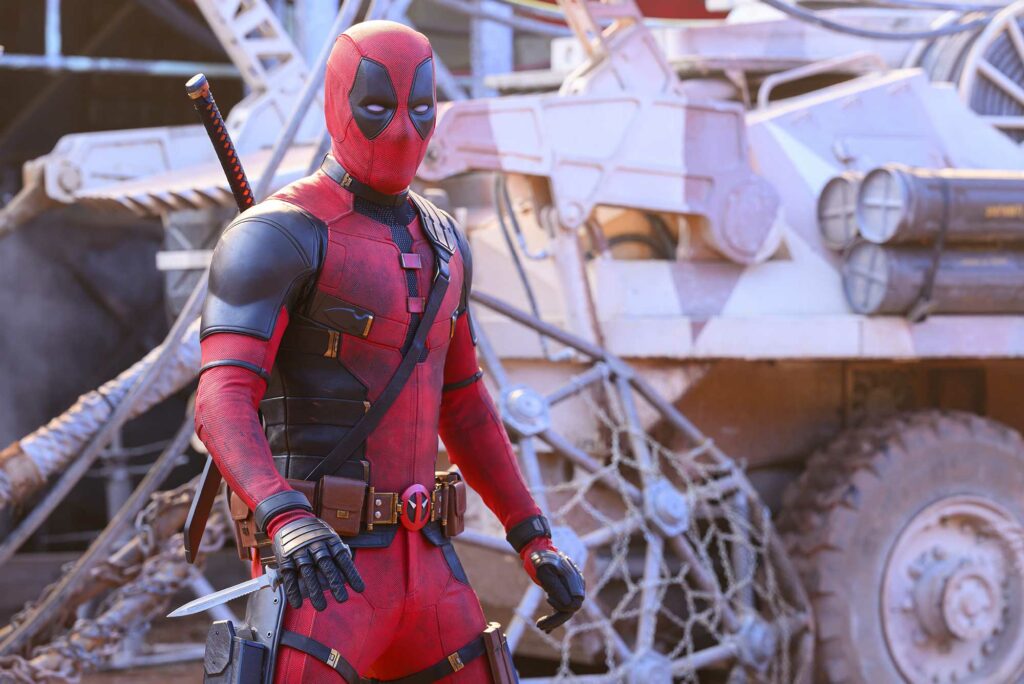
Deadpool & Wolverine is in cinemas now



